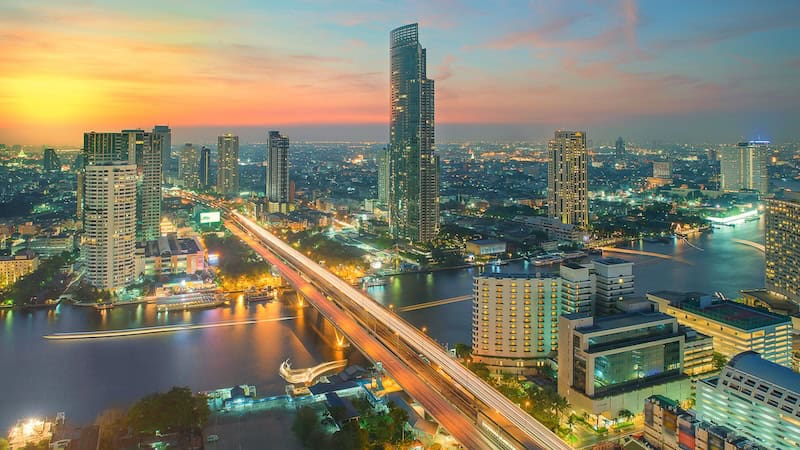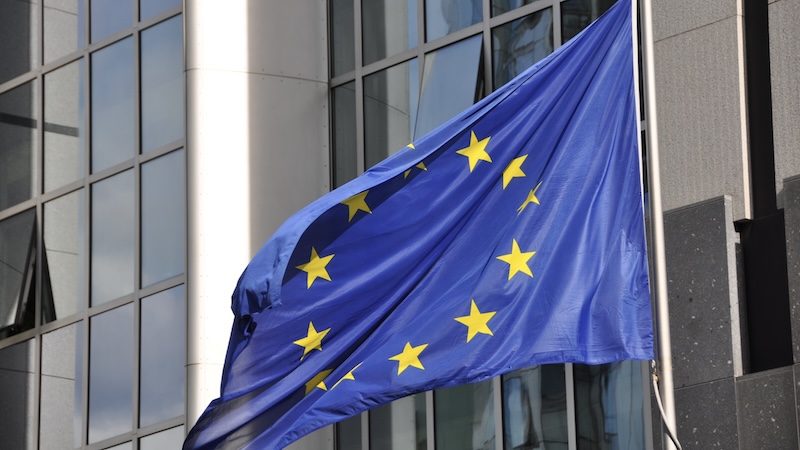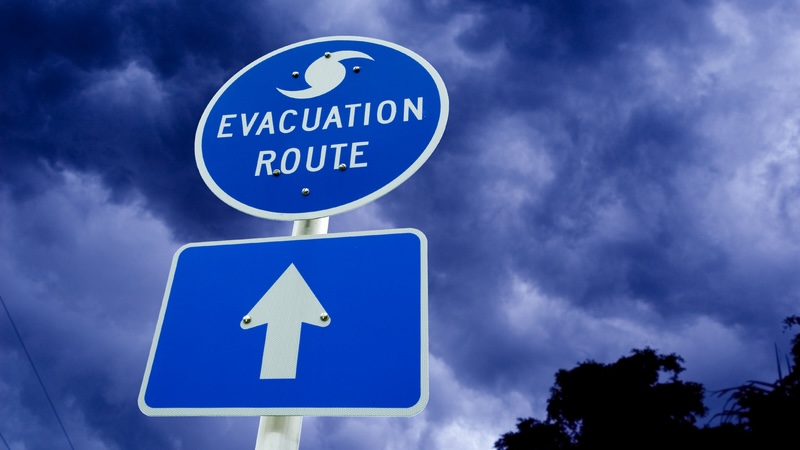Retire in Thailand, Where ‘The White Lotus’ Was Filmed
Your experience won’t mirror the show (fortunately)

Thailand is recognized as one of the world’s top retirement destinations. Here are some factors to know before you retire in Thailand.
It turns out that American retirees can not only have the same experiences as “White Lotus” travelers (minus the intrigue), but they can also wind up calling Thailand home. And while dark comedy riffs on the tension between luxury tourism and local communities, Thailand is a particularly welcoming country.
Retire in Thailand, but don’t expect “The White Lotus”
“As great as the show is, ‘The White Lotus’ is not representative of Thailand,” says Aaron Henry, founder and managing director at Foundeast Asia Co., Ltd, a Bangkok-based marketing agency. “People who are thinking about moving here should be aware of some of the positive and negative realities.”
Henry, who’s lived in Thailand for nine years, says he’s used to fielding queries about moving to the country (he recently helped his old neighbors from Los Angeles retire in Thailand).
“Thailand is consistently recognized as one of the world’s top retirement destinations,” he says. “In 2023, Forbes ranked Thailand 9th on its list of the 10 best countries for retirement — the only Asian country to make the list.”
Henry notes that Thailand’s appeal lies in its tropical climate, world-class healthcare, and vibrant culture. “Bangkok is a diverse city culturally and across cuisines and lifestyle experiences,” he says. “However, while Thailand still offers excellent value compared to the United States, the cost of living is rising, especially in Bangkok, Phuket, and Chiang Mai.”
Cost of living in Thailand
“If you find yourself in a popular tourist hub, then you’ll pay more to buy and rent. If you are outside, then prices will drop considerably,” said Will Hatton, founder and CEO of The Broke Backpacker, a site dedicated to adventure and travel. “For instance, you should be able to find a private apartment in Bangkok to rent for about $450 a month. If you want something more luxurious, then expect to pay more. Utilities are more than affordable, and eating out won’t break the bank; even groceries are on the cheaper side.”
U.S. retirees thinking about Bangkok or Phuket should know foreigners can’t own land in Thailand but can own condominiums.
“A (very) small condo outside Bangkok’s city center might cost as little as USD 60,000, while luxury units in prime areas like Sukhumvit or Silom can exceed USD 1 million,” Henry said. “Renting a two-bedroom apartment ranges from USD $500 to USD $2,000 per month, depending on location and amenities.”
Before you retire in Thailand or other international destination, learn these 5 tips for buying a house abroad.
Dining out can be incredibly affordable – or remarkably luxurious and expensive.
“A meal at a local Thai restaurant can cost USD $3–5 per person while dining at a high-end restaurant like Potong can easily exceed USD $100 per person,” Henry adds. “At either end of the dining spectrum, you get much more for what you pay than in the [U.S.].”
Thailand’s inflation has been mild and seemingly well-managed by the Thai government. “Monthly utilities, including water, electricity, and internet, typically range from USD $100 to USD $150 for an average apartment,” Henry says. “Utilities can be cheaper in townhomes than in houses, which is good to remember for budgeting and value.”
For example, Henry’s monthly utilities in his last condo in the center of Bangkok averaged $300 per month. “In the townhome I own with my wife at the east end of the city, our utilities (with brand new, efficient air conditioners) are less than $100 per month,” he added.
Healthcare
Travel experts say that healthcare is one of Thailand’s biggest strengths.
“When my youngest child got sick during our visit, we went to a private hospital in Bangkok,” said Elaine Warren, a global traveler and founder of The Family Cruise Companion, a blog dedicated to cruise travel for families with kids. “The care was fast, professional, and much cheaper than we would have paid in the U.S. You need insurance, though. If you get seriously ill, costs can add up quickly.”
The hospitals in Thailand are modern, the doctors are excellent, and the costs are surprisingly low, said Brenda Beltrán, a travel writer at Holafly, a destination services company for global travelers.
“Private hospitals are often the top choice for expats because they’re very reliable,” Beltran said. “I had a small medical issue while visiting Bangkok, and the whole experience — from the consultation to tests and medication — cost under $100. Many retirees buy private health insurance for bigger expenses, but it’s not overwhelming even if you pay out of pocket.”
Private hospitals in cities like Bangkok are known for high-quality care at a fraction of US prices. A routine doctor’s visit costs $30 to $50, while a more comprehensive checkup costs $100 to $200.
“Many retirees also opt for private health insurance, which often costs between $1,500 and $3,000 annually depending on age and coverage,” said Steven Kibbel, a financial planner and founder at Kibbel Financial Planning in Nashville, Tennessee. “Without insurance, paying out of pocket for medical care is still affordable compared to US rates.”
Documents and paperwork if you retire in Thailand
Getting a visa can be confusing at first. If you’re over 50, you can apply for a retirement visa.
“You need about $22,000 in a Thai bank or proof of a monthly income of $1,800,” Kibbel said. “It’s best to get help from a local expert to avoid mistakes. Taxes can be tricky. Even if you live in Thailand, you still have to file U.S. taxes. There’s a tax treaty to avoid paying twice, but it can be complicated. It’s smart to talk to someone who knows both U.S. and Thai tax laws.”
“U.S. citizens living abroad are still required to file U.S. taxes, and Social Security benefits are taxable,” Kibbel added. “Thailand itself doesn’t tax foreign retirement income, but retirees should keep records of their finances to avoid complications.”
For U.S. retirees withdrawing from an IRA or 401(k), it’s crucial to understand how U.S. tax law applies to those distributions. “Working with a financial adviser experienced in international retirement is the best way to stay compliant and avoid surprises,” Kibbel advised.
Brian O’Connell is a contributing writer at Kiplinger.com. For more on this and similar money topics, visit Kiplinger.com.
©2025 The Kiplinger Washington Editors, Inc. Distributed by Tribune Content Agency, LLC.


